After decades of chipping away at affirmative action in higher education, the Supreme Court heard two cases in October to consider whether race-conscious admissions programs violate the Constitution or federal law.
The two cases challenge affirmative action at Harvard University and the University of North Carolina at Chapel Hill (UNC). The group suing both universities, Students for Fair Admissions, argued both schools’ programs discriminated against white and Asian applicants. The group argued colleges can use race-neutral methods of creating a diverse student population.
A 1978 Court decision ruled that using race as one of many factors in college admissions did not discriminate against non-minority applicants and held that the Civil Rights Act protected race-conscious programs.
Race-conscious admission programs consider applicants’ race as one of many factors in the enrollment process to promote diversity and equitable access to higher education for marginalized communities. The Court has ruled on affirmative action twice since its original ruling, despite questions from justices and critics over whether the programs are necessary.
The Court’s six conservative justices questioned the value of the universities’ continued use of affirmative action programs during the hearings in October.
“I’ve heard the word ‘diversity’ quite a few times, and I don’t have a clue what it means,” Justice Clarence Thomas said during oral arguments. “It seems to mean everything for everyone … Give us a clear idea of exactly what the educational benefits of diversity at the University of North Carolina would be.”
Justice Samuel Alito questioned if race-conscious admission programs created government-enforced segregation on university campuses.
The Court’s three liberal justices defended race-conscious programs during arguments, claiming affirmative action does not discriminate against students and is effective in promoting diversity in higher education.
“When you give your race, you’re not getting any special points; it’s being treated just on par with other factors in the [enrollment] system,” Justice Ketanji Brown Jackson said. “No one’s automatically getting in because race is being used.”
Timothy Johnson, a political science professor at the University of Minnesota who specializes in the Supreme Court said affirmative action is likely to be overturned in the coming months when the justices hand down their opinions.
“The Dobbs decision was the first time that the Court had ever overturned precedent in its history to take away rights, in that case, the rights of women to obtain abortions,” Johnson said. “This case will be the second time in history where the Court is overturning a precedent that’s protecting a class of people in the United States.”
If the Court overturns affirmative action, universities including Harvard and UNC would be required to change their enrollment procedures to remove affirmative action policies immediately, Johnson said.
Although universities would still be allowed to promote diversity, student bodies on campuses could be impacted by the decision as soon as 2024, Johnson said.
“Colleges and universities are going to protect their ability to let in whoever they want to let in,” Johnson said. “That will be especially true of private schools like Harvard, but it will be more difficult for UNC and the University of Minnesota. I think they will find ways around such a decision to keep their student bodies diverse.”
Advocating for affirmative action at UMN
Diversity on campus came into question after Regent and former board vice chair Steve Sviggum asked during an October Board of Regents meeting, “Is it possible that at Morris we’ve become too diverse?”
Sviggum’s comments were in response to declining enrollment numbers at Morris and raised criticism from many students, faculty and staff. Sviggum resigned as vice chair less than two weeks after the meeting and announced he will not seek another term.
According to the University’s Institutional Data and Research, BIPOC students made up about 40% of Morris’ student body compared to about 27% on the Twin Cities campus during the fall 2022 semester. However, the class of 2026 is the most diverse in the Twin Cities campus’s history.
Regent Darrin Rosha countered Sviggum’s comments and said diverse campus communities are foundations the University should build upon.
“In light of Regent Sviggum, the statement that he made at the meeting, I would want students, both majority students and students from communities of color, to know that the University is committed to all students,” Rosha said. “It’s one of the advantages of the University of Minnesota, and to suggest that somehow it’s problematic, I’m not in agreement with that.”
At the University, protections against discrimination like affirmative action affect students after being enrolled through academic decisions and grading policies, Carter Yost, Undergraduate Student Government (USG) director of government and legislative affairs, said.
“Policies that help promote, ensure and expand diversity in any way are net positives for the student body,” Yost said. “Affirmative action has been helpful and really a central tool to promoting and expanding representation and diversity on campus.”
Regardless of affirmative action’s potential overturn, USG is working to advocate for student diversity with the University as well as state legislators as part of an “ongoing process,” Yost said.
Part of the ongoing process is balancing students’ needs with resources available to the University, Rosha said.
“The world is rarely static, those conversations will have to continue to occur,” Rosha said. “Do we get it perfect? Rarely, but we continue to try to do a better job to make sure we’re serving the community the best that we possibly can as an institution.”


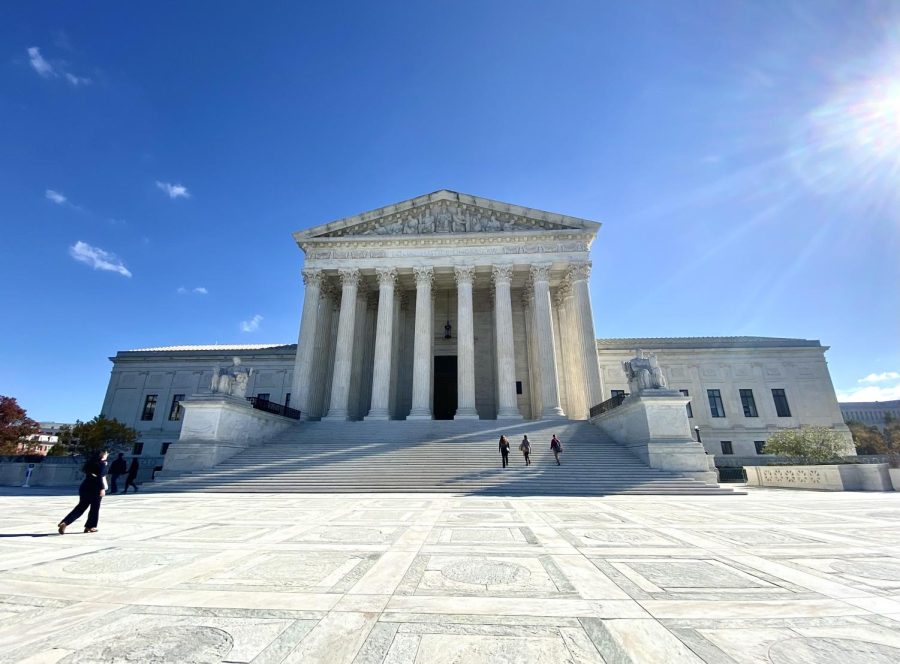
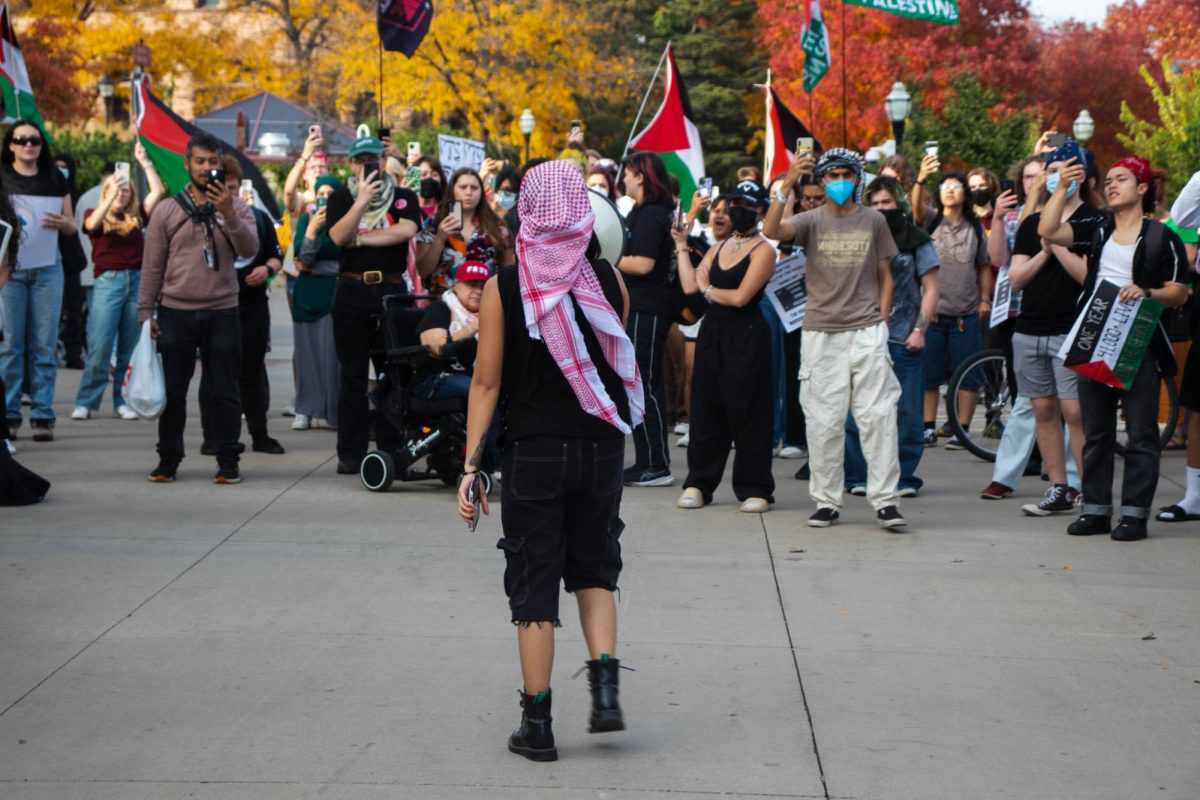
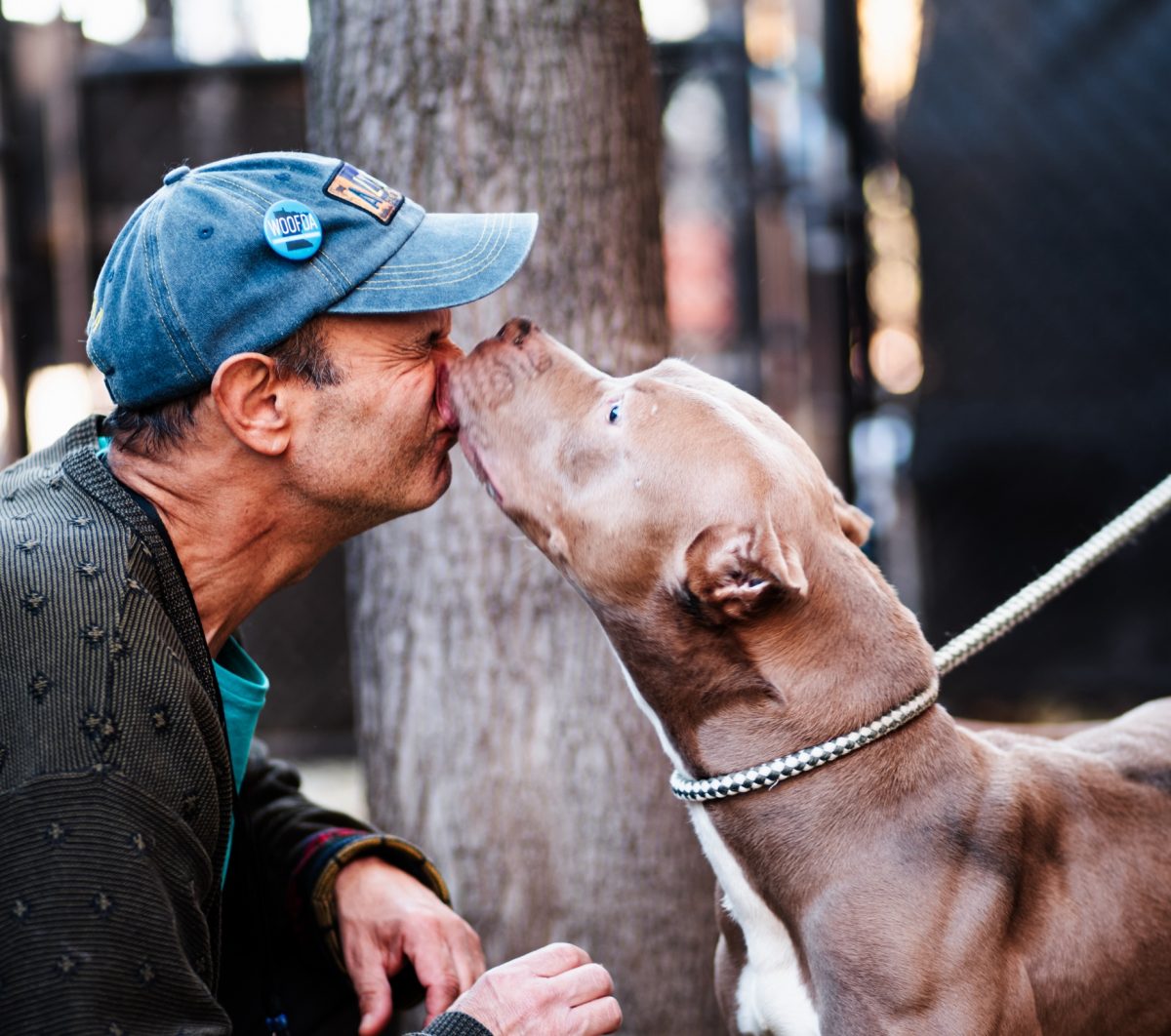
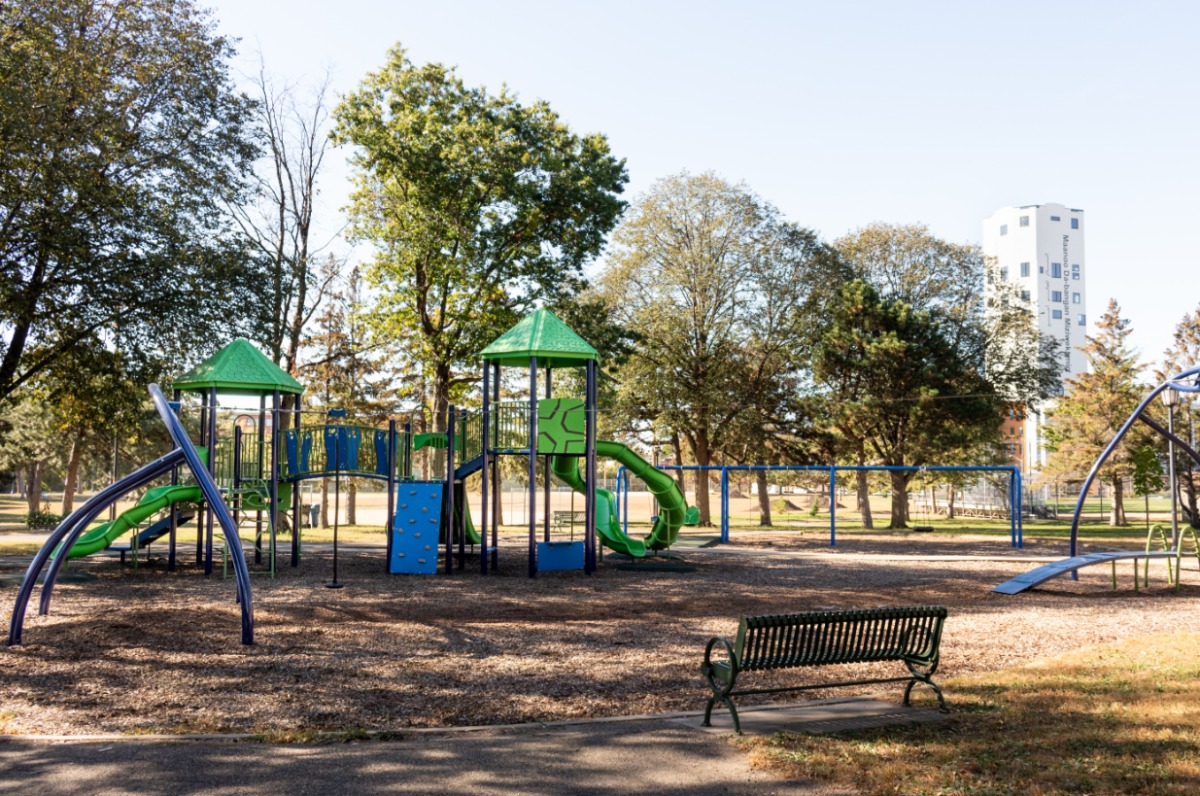
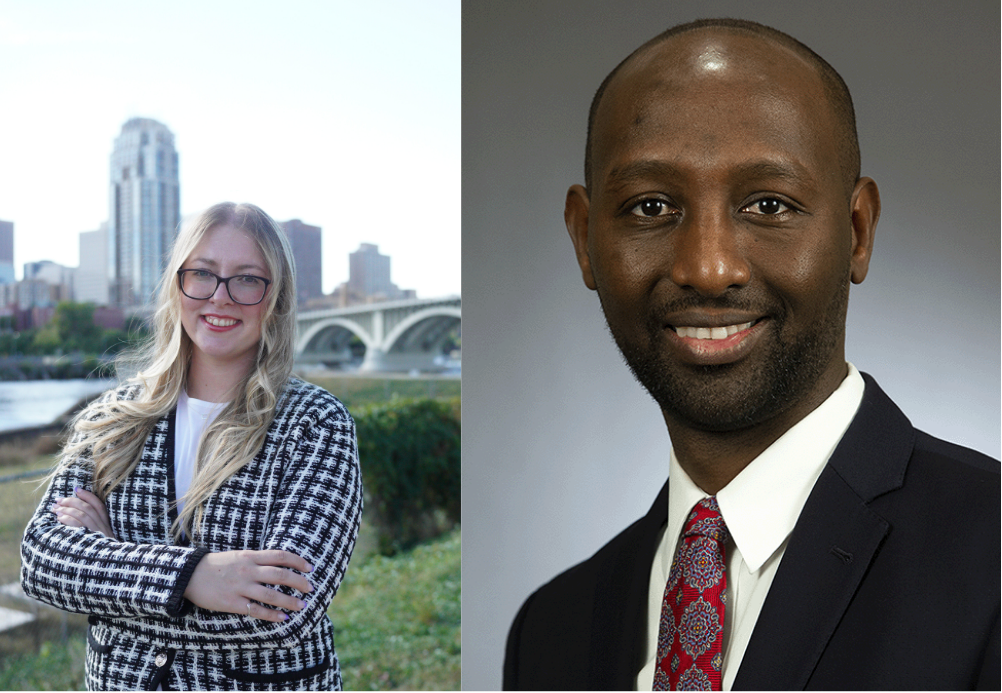
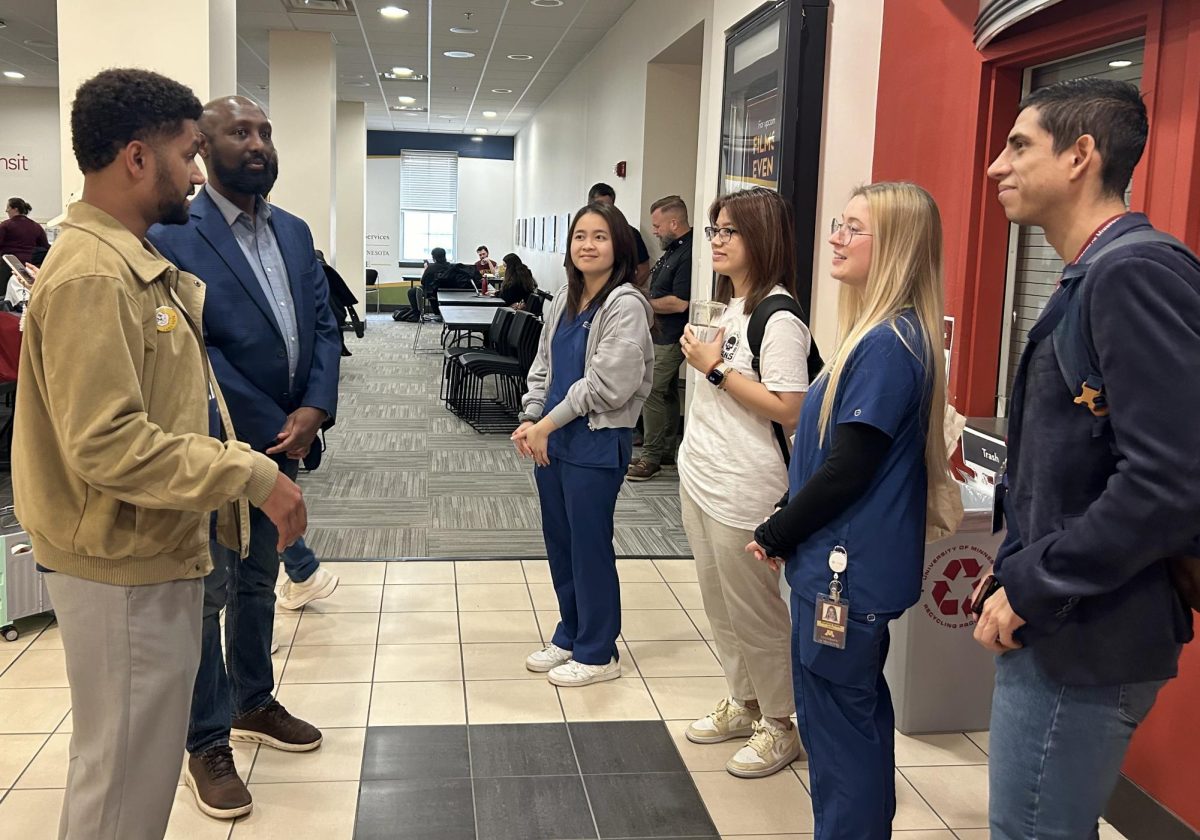












A Gopher
Feb 21, 2023 at 7:23 pm
The fact that an Asian American student must score over 100 points higher on the SATs than an African American student to be admitted to Harvard tells you that the wokests policies of the left have reached too far. Make admissions completely color blind and let merit rule the day!